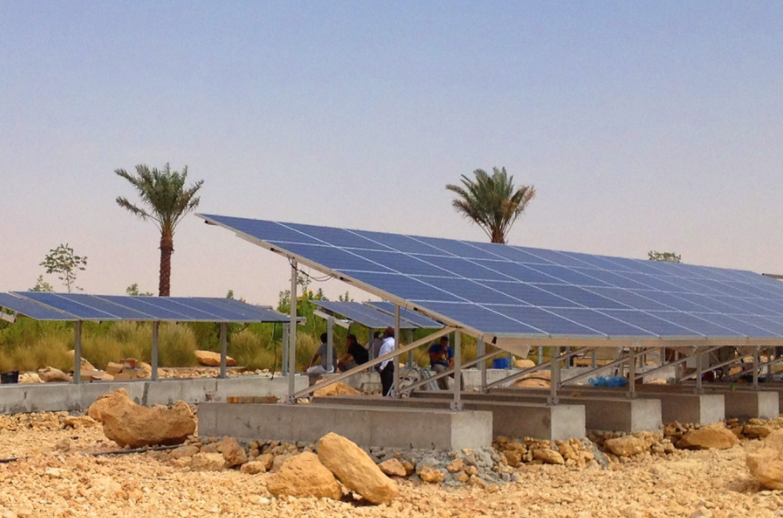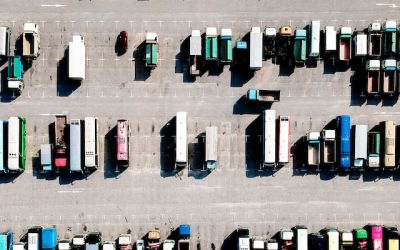Saudi Arabia plans vigorous renewable energy expansion in 2018
Saudi Arabia has recently announced its plans to deploy at least $7 billion worth of renewable energy projects, focusing its strategy on taking advantage of the country’s solar potential.

Saudi Arabia has recently announced its plans to deploy at least $7 billion worth of renewable energy projects, focusing its strategy on taking advantage of the country’s solar potential.
The projects will be awarded through a tendering process aimed at adding more than 4 gigawatts (GW) of renewable energy capacity. Solar power projects will account for 3,250 megawatts (MW) and wind energy will make up 800 MW.
These figures represent a tremendous push compared to last year, as during 2017 the Kingdom tendered only 300 MW in solar projects and 400 MW in wind.
The news came from Turki Mohammed Al Shehri, Head of the Kingdom’s Renewable Energy Project Development Office, during an interview in Adu Dhabi’s Sustainability Week.
Although the Middle Eastern oil producers are seeking to increase renewable energy capacity to boost oil production for exports, the news is still beneficial for the energy transition, as increased demand will encourage technological advancements, which will further reduce renewable energy prices.
To this end, it has embarked on a strategy to develop 9,000 MW of renewable energy capacity by 2023- a plan estimated to cost the Kingdom roughly $50 billion.
Last October, Saudi Arabia marked the launch of the ambitious programme when it awarded French company EDF a contract to build the first 300 MW solar farm. The contract broke the world record for the lowest bid in solar as the kingdom will be buying each kilowatt-hour (kWh ) for $ 1.7 cents.
The previous record was set in 2016 by Abu Dhabi after it awarded a contract at $2.42 cents per kWh. Solar energy projects in the Middle East have set several lowest-bid records, mainly due to advantages of cheap land for the plants, favourable transmission infrastructure, and improvements in solar technology.
To date, the United Arab Emirates meets 98 percent of its power needs from gas. The aim is for the figure to drop to less than 76 percent by 2021 with renewables supplying the rest.


